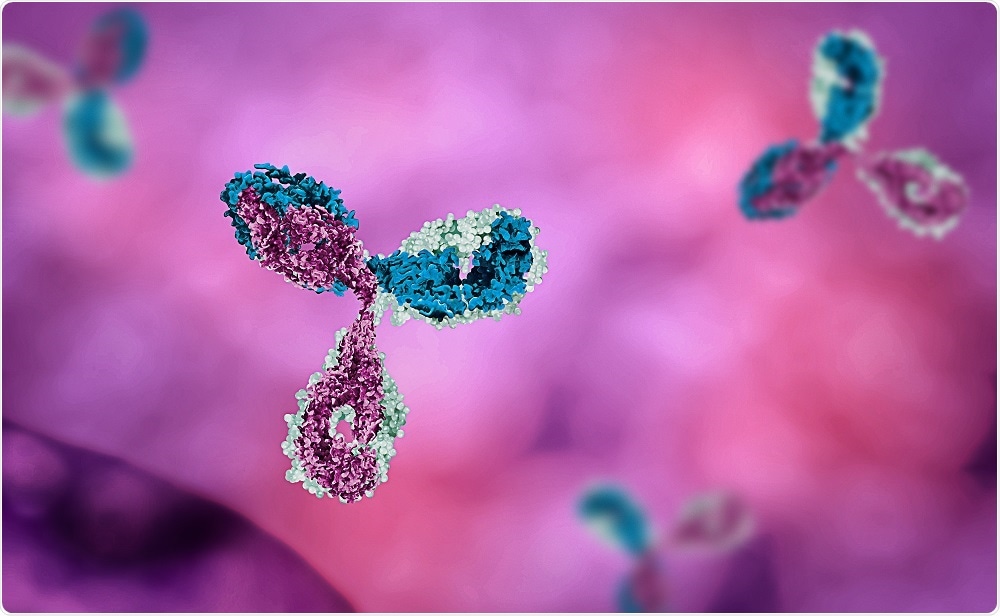Researchers from the German Cancer Research Center have made a discovery that contradicts previous understanding that an antibody only eliminates a specific subgroup of bacteria.
 Credit: Mirror-Images/Shutterstock.com
Credit: Mirror-Images/Shutterstock.com
Bacteria are classified into subgroups based on the sugar structures displayed on their surfaces that enable the immune system to recognize them. Antibodies specifically attach to these structures and neutralize the pathogen.
Until now, scientists had thought that an antibody eliminates just the one subgroup of bacteria that displays the sugar it specifically attaches to and that it therefore does not protect against other microbes.
However, research looking at the bacterium Klebsiella pneumoniae, has now shown that this pathogen is targeted by antibodies that also recognize and neutralize various other microorganisms.
This is the first time that researchers have found the immune system can produce these “universal antibodies.”
Klebsiella pneumoniae is rod-shaped bacterium mainly found in the gut and nasal mucosa. In healthy people, it is completely harmless, but in those with weakened immune systems, it can replicate to levels that cause life-threatening diseases.
The bacterium accounts for a large proportion of hospital-acquired infections and is also becoming increasingly antibiotic-resistant.
In a study led by Hedda Wardemann, researchers obtained antibodies against Klebsiella pneumoniae from the blood of healthy individuals.
As reported in Nature Immunology, the team found that the antibodies protected against various subgroups of Klebsiella pneumoniae.
However, “they were not restricted to this particular pathogen and also recognized other bacteria and even certain yeasts and viruses," says Wardemann.
Further investigation of the sugar structures on the bacterial surface showed that all microorganisms to which the Klebsiella antibodies attached displayed a small structure from a sugar called mannose.
The formation of antibodies that recognize the structure on various microorganisms enables the immune system to protect against various pathogens using just the one type of molecule.
Wardemann says the potential therapeutic use of antibodies is gaining importance, since antibiotic resistance is becoming ever more frequent.
The production of therapeutic antibodies could help patients combat Klebsiella pneumoniae. Among high-risk individuals with weakened immune systems, the antibodies could also be used as a prophylactic treatment approach.
Initial studies by Wardemann and team have already demonstrated the effectiveness of Klebsiella antibodies in mice.
In mice, the antibodies were capable of neutralizing various subgroups of Klebsiella, thus protecting the animals. In a next step, we will have to do further tests with the antibodies to show their clinical value in humans."
Hedda Wardemann, Lead Researcher